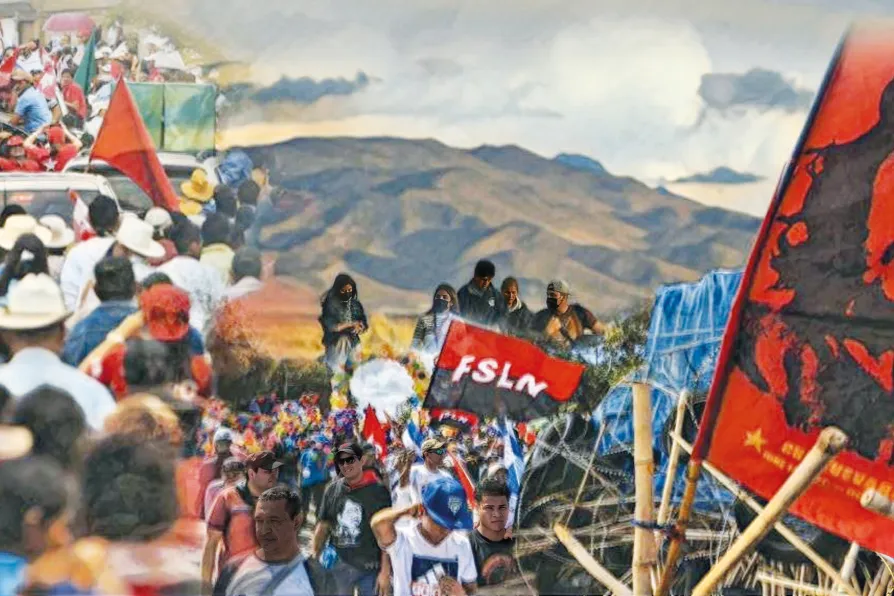CHRISTOPHE DOMEC speaks to CHRIS SMALLS, who helped set up the Amazon Labor Union, on how weak leadership debilitates union activism and dilutes their purpose

 In the immediate decades after the Cuban Revolution failed to catalyse a region-wide revolutionary wave, Latin America existed under the iron heel of far-right military dictatorships which prioritised the interests of Washington over the interests of their own people.
In the immediate decades after the Cuban Revolution failed to catalyse a region-wide revolutionary wave, Latin America existed under the iron heel of far-right military dictatorships which prioritised the interests of Washington over the interests of their own people.
“He entered into death asking neither permission nor forgiveness: he led his men forth to face the bullets of the surrounding army in the dusty ravine of Yuro.”
SO WRITES that genius of the written word, Eduardo Galeano, of the last gun battle fought by Che Guevara in Bolivia in 1967; the culmination of his ill-fated attempt to inspire Bolivia’s poverty-stricken, oppressed peasantry to rise up against the country’s then-dictator Rene Barrientos, an agent of the CIA in all but name, in what Guevara and his followers intended to be a rerun of the Cuban revolution eight years previously.
If one man’s legacy looms large over the modern history of Latin America it’s the legacy of Guevara, whose indomitable and unrelenting resistance to US imperialism and its agents continues to inspire in a region long considered in Washington to be US real estate.
In many respects Guevara was Latin America’s Soleimani and Soleimani the Middle East’s Guevara.

ISAAC SANEY points to the global stakes involved in defending the Cuban revolution against imperialism and calls for resistance

International solidarity can ensure that Trump and his machine cannot prevail without a level of political and economic cost that he will not want to pay, argues CLAUDIA WEBBE

Far-right forces are rising across Latin America and the Caribbean, armed with a common agenda of anti-communism, the culture war, and neoliberal economics, writes VIJAY PRASHAD

LEE BROWN highlights the latest attempts to undo progressive reforms instated during the presidency of Rafael Correa









